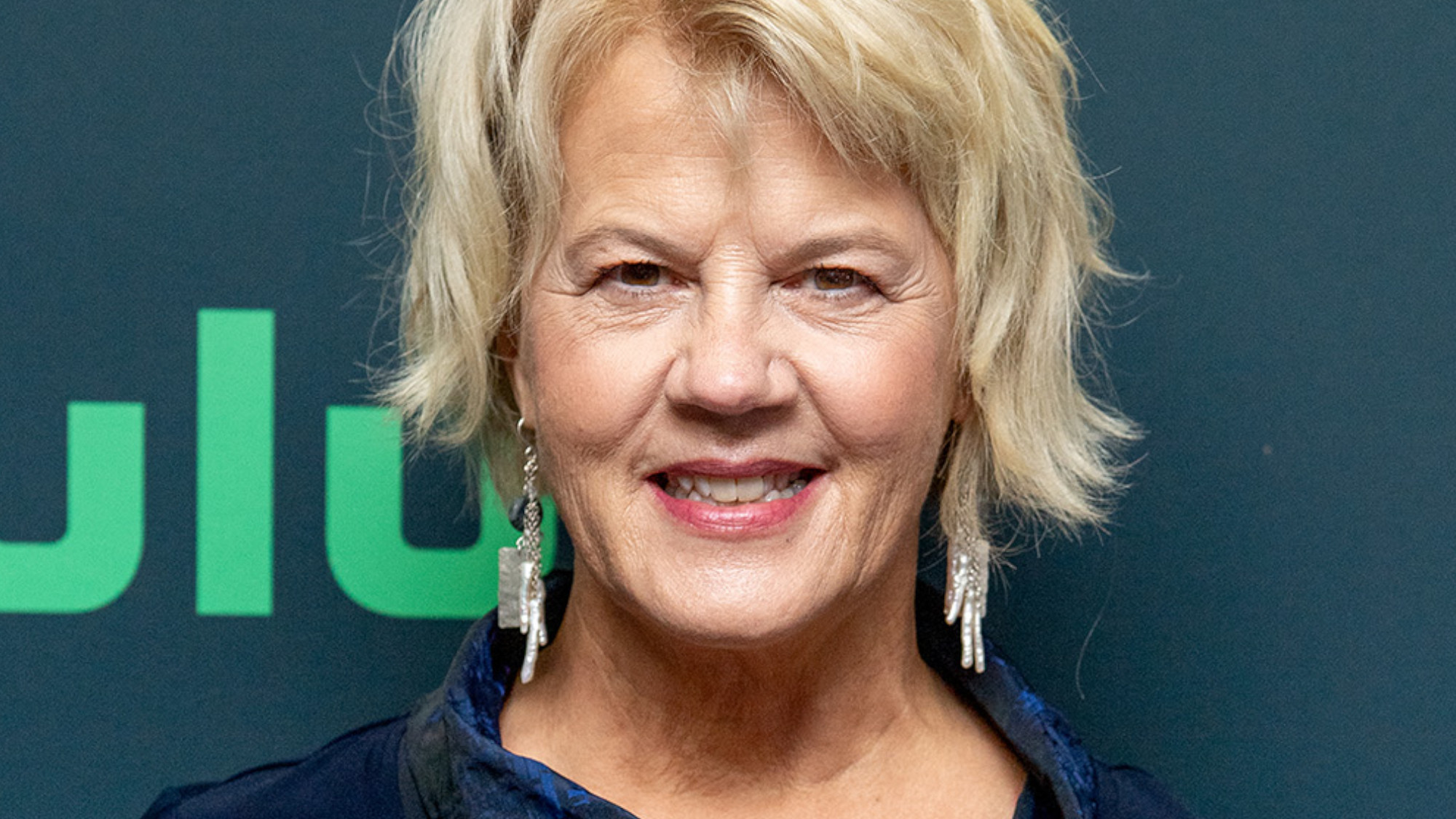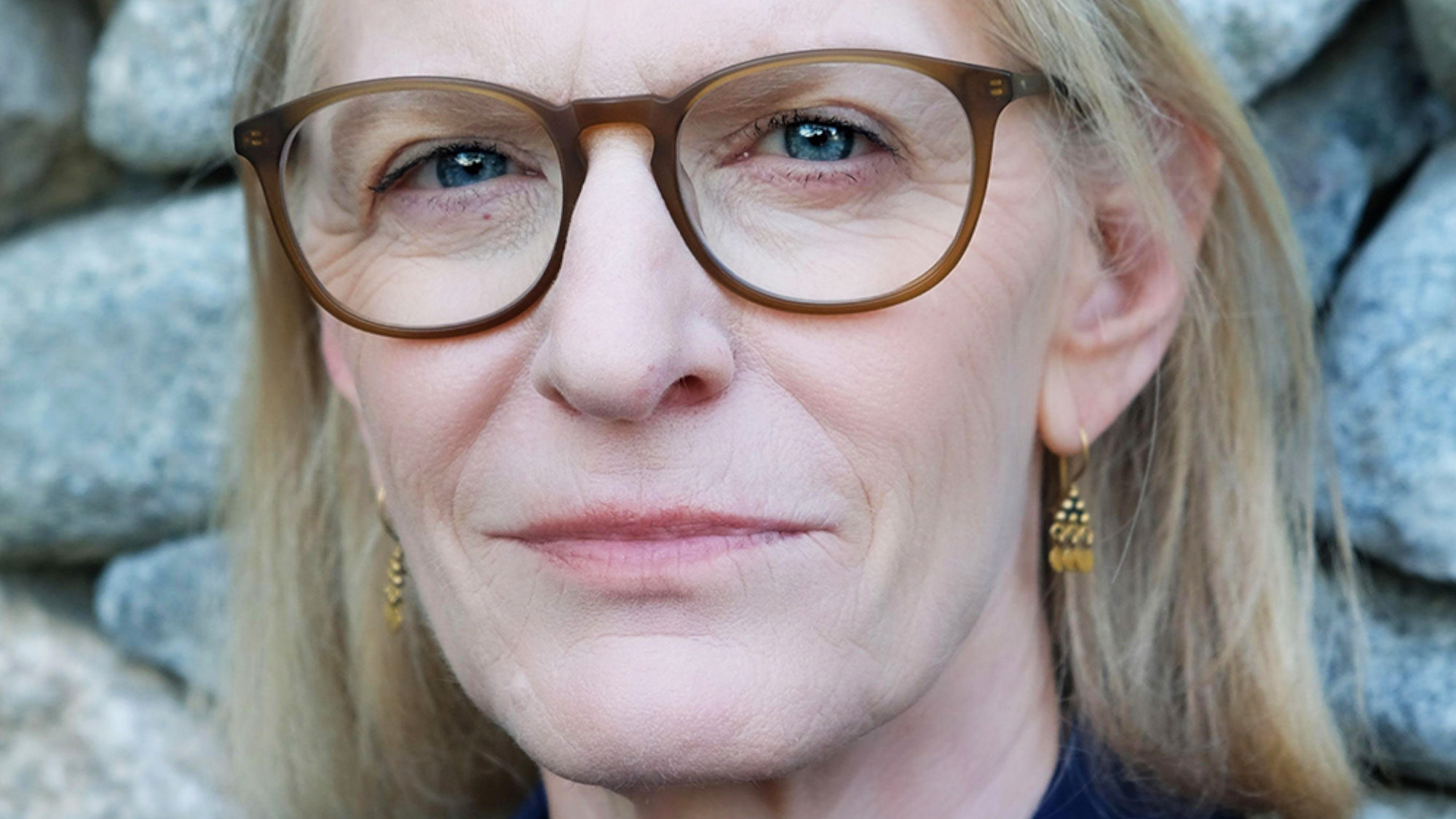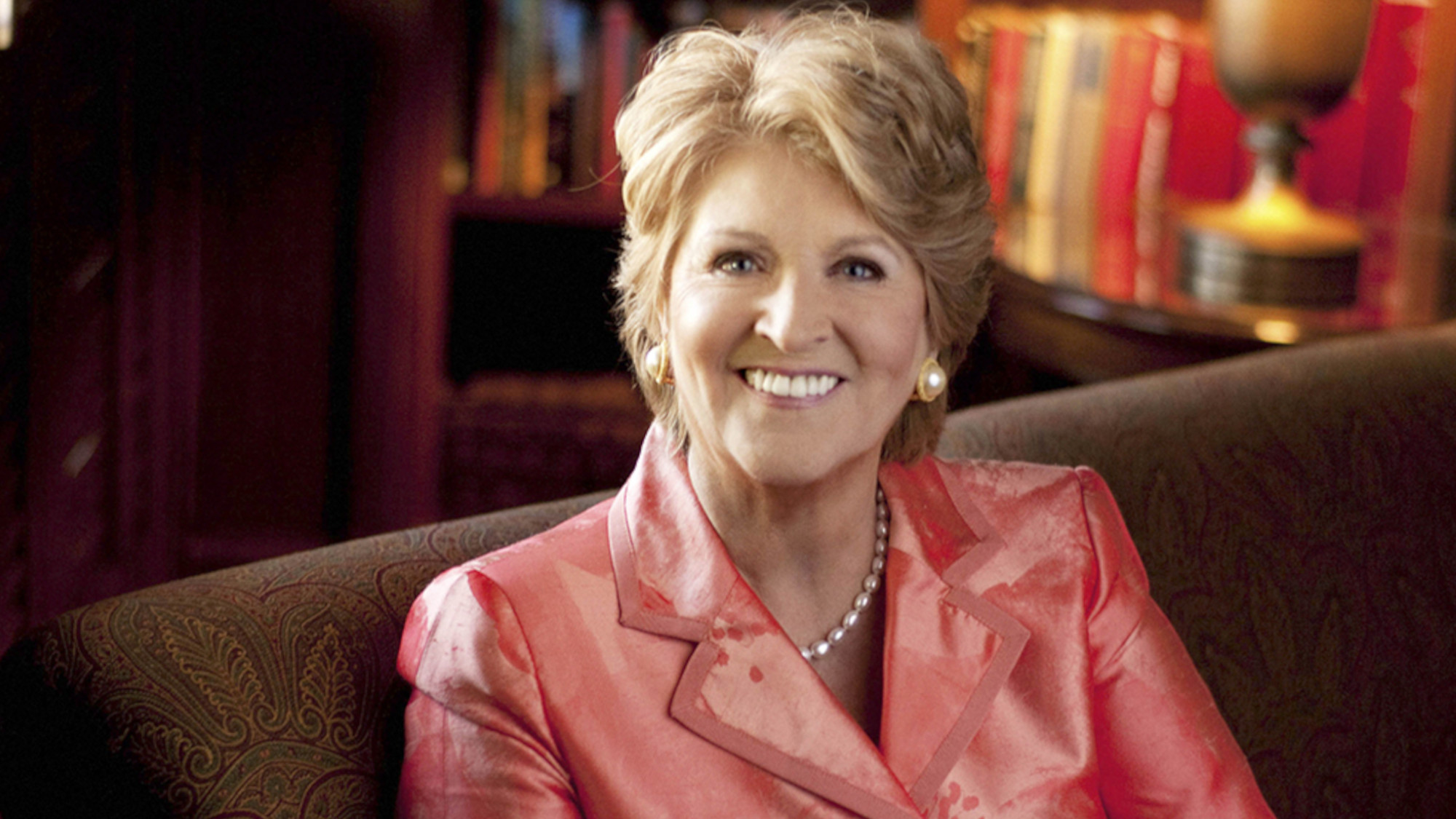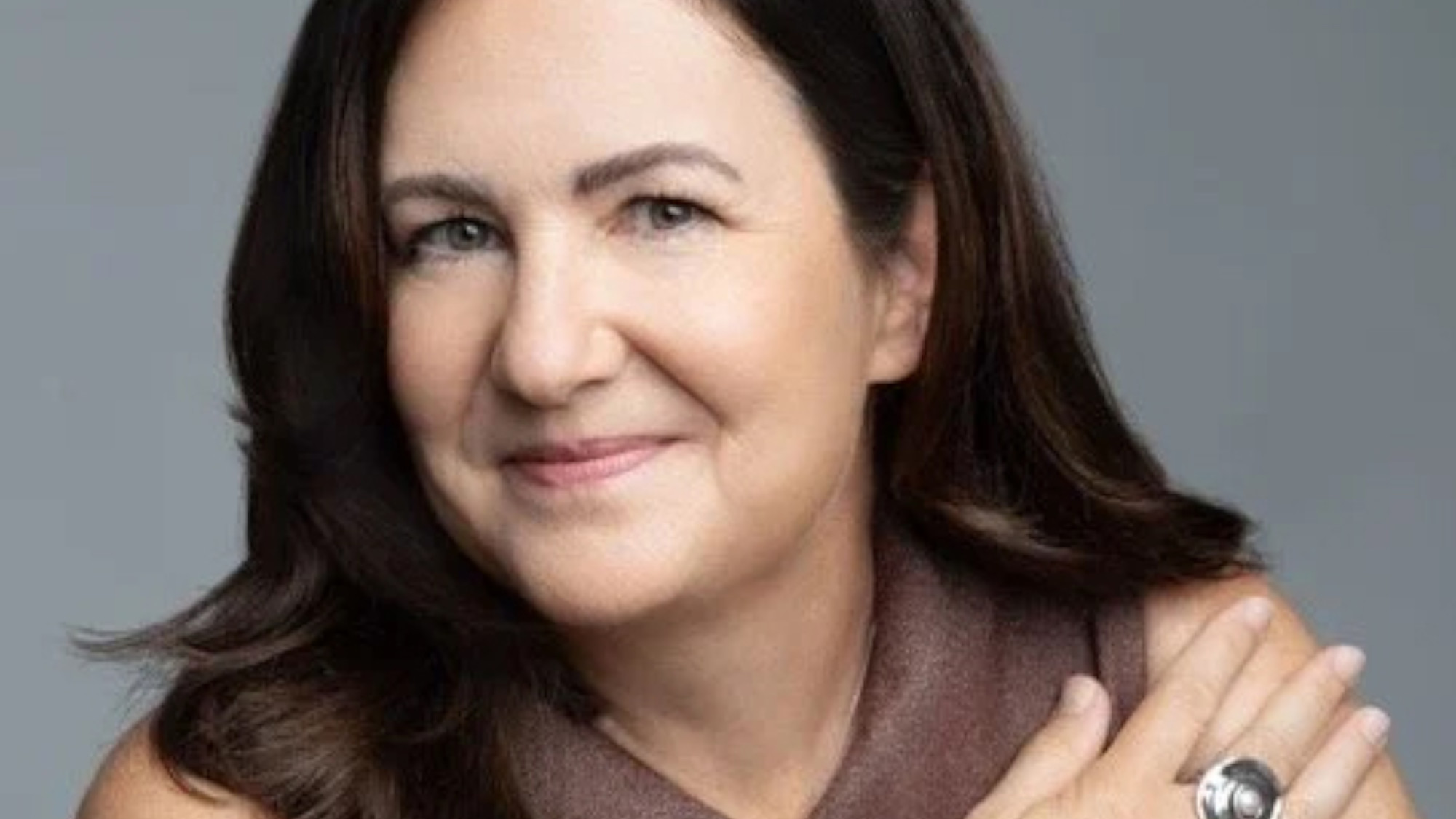Dick Morris
A free daily email with the biggest news stories of the day – and the best features from TheWeek.com
You are now subscribed
Your newsletter sign-up was successful
Dick Morris, a columnist for the New York Post and author of Behind the Oval Office (Renaissance Books, $16.95), lists seven of his favorite books on politics, power, and the human condition.
The Phenomenon of Man by Pierre Teilhard de Chardin (HarperTrade, $13). The most important book I’ve ever read. It describes human evolution as an ongoing process in which learning and acquisition of knowledge play the role that involuntary mutation once did in evolving the species. It shows how man is moving toward a point of perfection: “The Omega Point.” The author says that eventually we will all subordinate self-interest to common interest because of the need to survive on this self-contained planet. How have we avoided nuclear war and how we have to deal with climate change are cases in point. Written in the ’30s, it was suppressed by the Vatican (he was a Jesuit) until after his death, and published in the ’50s.
Nonzero by Robert Wright (Vintage Books, $13.50). This takes off where Teilhard de Chardin left off. It explains how evolution is tending toward the perfection of the species. He says that all human history is an evolution from a zero-sum (I win, you lose) view of the world to a nonzero-sum view (we both win or we both lose).
The Week
Escape your echo chamber. Get the facts behind the news, plus analysis from multiple perspectives.

Sign up for The Week's Free Newsletters
From our morning news briefing to a weekly Good News Newsletter, get the best of The Week delivered directly to your inbox.
From our morning news briefing to a weekly Good News Newsletter, get the best of The Week delivered directly to your inbox.
The Rise and Fall of the Great Powers by Paul Kennedy (Vintage Books, $15). The best overview of the history of the world, tracking the rise of global powers as they work hard and live right, and their fall when they overreach and try to bully the rest of the world.
Presidential Character by James David Barber (Prentice Hall, $16). Written in the ’70s, it divides presidents up by their character and decides that the two qualities that determining if a president is good are his optimism and his enjoyment of the job.
The Power Game by Hedrick Smith (Random House, $14.40). Written 20 years ago, this book is still the best guide to the power politics of Washington DC.
Diplomacy by Henry Kissinger (Simon & Schuster, $18). Explains the two forces that compete to shape American foreign policy: morality and values vs. imperialism and national interest
A free daily email with the biggest news stories of the day – and the best features from TheWeek.com
Understanding Media by Marshall McLuhan (MIT Press, $17.95,). Still the best book for understanding modern advertising, polling, and politics.
-
 Why are election experts taking Trump’s midterm threats seriously?
Why are election experts taking Trump’s midterm threats seriously?IN THE SPOTLIGHT As the president muses about polling place deployments and a centralized electoral system aimed at one-party control, lawmakers are taking this administration at its word
-
 ‘Restaurateurs have become millionaires’
‘Restaurateurs have become millionaires’Instant Opinion Opinion, comment and editorials of the day
-
 Earth is rapidly approaching a ‘hothouse’ trajectory of warming
Earth is rapidly approaching a ‘hothouse’ trajectory of warmingThe explainer It may become impossible to fix
-
 Beth Macy’s 6 favorite books about living in a divided nation
Beth Macy’s 6 favorite books about living in a divided nationFeature The journalist recommends works by Nicholas Buccola, Matthew Desmond, and more
-
 Gilbert King’s 6 favorite books about the search for justice
Gilbert King’s 6 favorite books about the search for justiceFeature The journalist recommends works by Bryan Stevenson, David Grann, and more
-
 Nathan Harris’ 6 favorite books that turn adventures into revelations
Nathan Harris’ 6 favorite books that turn adventures into revelationsFeature The author recommends works by Kazuo Ishiguro, Ian McGuire, and more
-
 Marisa Silver’s 6 favorite books that capture a lifetime
Marisa Silver’s 6 favorite books that capture a lifetimeFeature The author recommends works by John Williams, Ian McEwan, and more
-
 Lou Berney’s 6 favorite books with powerful storytelling
Lou Berney’s 6 favorite books with powerful storytellingFeature The award-winning author recommends works by Dorothy B. Hughes, James McBride, and more
-
 Elizabeth Gilbert’s favorite books about women overcoming difficulties
Elizabeth Gilbert’s favorite books about women overcoming difficultiesFeature The author recommends works by Tove Jansson, Lauren Groff, and more
-
 Fannie Flagg’s 6 favorite books that sparked her imagination
Fannie Flagg’s 6 favorite books that sparked her imaginationFeature The author recommends works by Johanna Spyri, John Steinbeck, and more
-
 Jessica Francis Kane's 6 favorite books that prove less is more
Jessica Francis Kane's 6 favorite books that prove less is moreFeature The author recommends works by Penelope Fitzgerald, Marie-Helene Bertino, and more